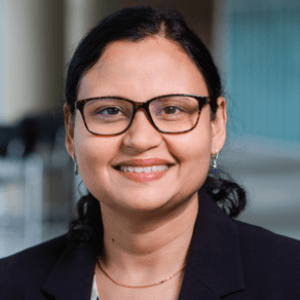Abstract:
Pancreatic ductal adenocarcinoma (PDAC) is the fourth- leading cause of cancer-related deaths in the United States and is expected to become the second-leading cause by 2020. The five-year disease-free survival rate for patients with PDAC is extremely low and has remained <10% for several decades. Currently, there is no effective therapy for PDAC, and even immunotherapies that have worked effectively in patients with other cancer types have failed to provide meaningful clinical benefits in patients with PDAC. Therefore, further molecular and functional evaluation of PDAC is needed to identify and develop better therapeutic strategies. In our study we show that the transcription factor Krüppel-like factor 7 (KLF7) is overexpressed in PDACs, and that inhibition of KLF7 blocks PDAC tumor growth and metastasis in cell culture and in mice. KLF7 expression in PDACs can be up-regulated due to activation of a MAP kinase pathway or inactivation of the tumor suppressor p53, two alterations that occur in a large majority of PDACs. ShRNA-mediated knockdown of KLF7 inhibits the expression of IFN-stimulated genes (ISGs), which are necessary for KLF7- mediated PDAC tumor growth and metastasis. KLF7 knockdown also results in the down-regulation of Discs Large MAGUK Scaffold Protein 3 (DLG3), resulting in Golgi complex fragmentation, and reduced protein glycosylation, leading to reduced secretion of cancer-promoting growth factors, such as chemokines. Genetic or pharmacologic activation of Golgi complex fragmentation blocks PDAC growth and metastasis similar to KLF7 inhibition. Our results demonstrate a therapeutically amenable, KLF7-driven pathway that promotes PDAC growth and metastasis by activating ISGs and maintaining Golgi complex integrity.



